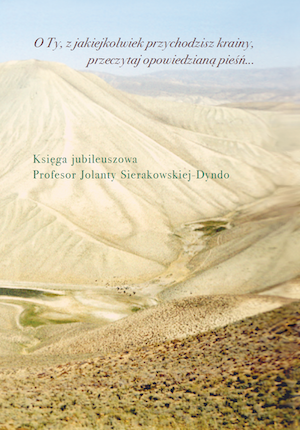Między odwetem a przebaczeniem
Between Retaliation and Forgiveness
Socio-cultural Determinants of Pardon in Contemporary Iran
Author(s): Magdalena Rodziewicz
Subject(s): Cultural history
Published by: Wydawnictwa Uniwersytetu Warszawskiego
Keywords: qesās; gozasht; death penalty; Iranian criminal law; Islam; retaliation; pardon; āberu
Summary/Abstract: According to Iranian criminal law, after a court has rendered a qesās (retaliation) verdict in a murder trial, the family of a victim can demand the death penalty or can pardon the defendant and accept diyeh, a financial compensation instead. This dual nature of the Iranian legal system implies the equivalence of two radically different solutions, the possibility of retaliation (qesās), and the right to gozasht, that is, the possibility of waiver. The main objective of this study is a cultural analysis of the process that takes place between these two phenomena. The article demonstrates not only the complexity of this process, but also its socio-cultural determinants, with particular emphasis on the importance that the attachment of Iranians to the value of āberu, understood as a good name, reputation and a positive image in the eyes of other people, conditioned by the fulfillment of certain expectations in the community, plays in the course of this procedure. The primary source material used in the work includes legal documents and religious texts, case summaries, interviews with victims’ families, court officials, and community activists.
Book: O Ty, z jakiejkolwiek przychodzisz krainy, przeczytaj opowiedzianą pieśń…
- Page Range: 289-319
- Page Count: 31
- Publication Year: 2022
- Language: Polish
- Content File-PDF

